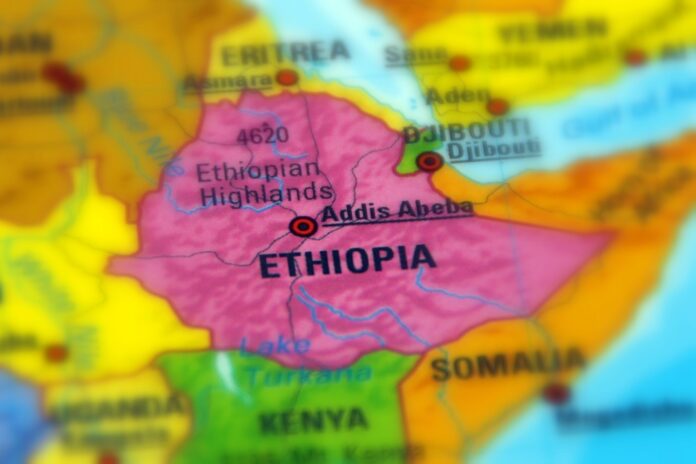Digital Ethiopia is going well
Ethiopia’s state-owned Ethio Telecom on Thursday has disclosed a 20% rise in half-year revenue to 33.8 billion birr (€633 million). Subscribers to Telebirr, the mobile banking financial service launched in May 2021, hit 27.2 million out of its 70 million total subscribers, CEO Frehiwot Tamiru told a news conference, which represents an addition of 5.4 million subscribers since June 2022, according to a report on Reuters.
In October ME reported that Ethio Telecom’s rival Safaricom Ethiopia had switched on its 5G mobile network and services in the capital Addis Ababa. It now now covers at l21 cities across the country. The Ethiopian government had launched Digital Ethiopia 2025 to help the country realise its digital potential and leverage technology to build a more prosperous society. As part of that process, Safaricom Ethiopia was granted a nationwide full-service unified telco service licence and is the first company in the country to launch a competitive mobile service to the state-owned encumbent Ethio Telecom.
Safaricom Ethiopia plans to launch services in a total of 25 cities by April 2023 to meet the 25% population coverage obligation in its licence. Safaricom Ethiopia is building a wholly-owned mobile network and has infrastructure sharing and interconnection agreements in place with Ethio Telecom.
Safaricom Ethiopia is owned by an international consortium including Vodafone Group, Kenya-based Safaricom Group, Vodacom Group and Sumitomo Corporation – one of the largest international trading and business investment companies.
Ethiopia’s telecoms industry was considered the big prize in Prime Minister Abiy Ahmed’s push to liberalise the economy after he took over in 2018, due to its large population of 110 million. Efforts to attract investment have been hampered, however, by a two-year war in the northern Tigray region, which has killed tens of thousands and displaced millions.
In November, the federal government and the Tigray People’s Liberation Front (TPLF), a guerrilla force-turned-political party which dominates the region, agreed to stop fighting following African Union-mediated talks, Reuters said. The Ethiopian government and regional forces from Tigray agreed on Wednesday to cease hostilities, a dramatic diplomatic breakthrough two years into a war that has killed thousands, displaced millions and left hundreds of thousands facing famine.
Just over a week after formal peace talks mediated by the African Union (AU) began in the South African capital Pretoria, delegates from both sides signed an agreement on a permanent cessation of hostilities. “The two parties in the Ethiopian conflict have formally agreed to the cessation of hostilities as well as to systematic, orderly, smooth and coordinated disarmament,” said Olusegun Obasanjo, head of the AU mediation team, at a ceremony.
Obasanjo, a former Nigerian president, said the agreement also included “restoration of law and order, restoration of services, unhindered access to humanitarian supplies, protection of civilians”. November saw the Ethiopian government restart an attempt to sell a 40% stake in Ethio Telecom and a separate plan to issue a second full telecoms licence.


